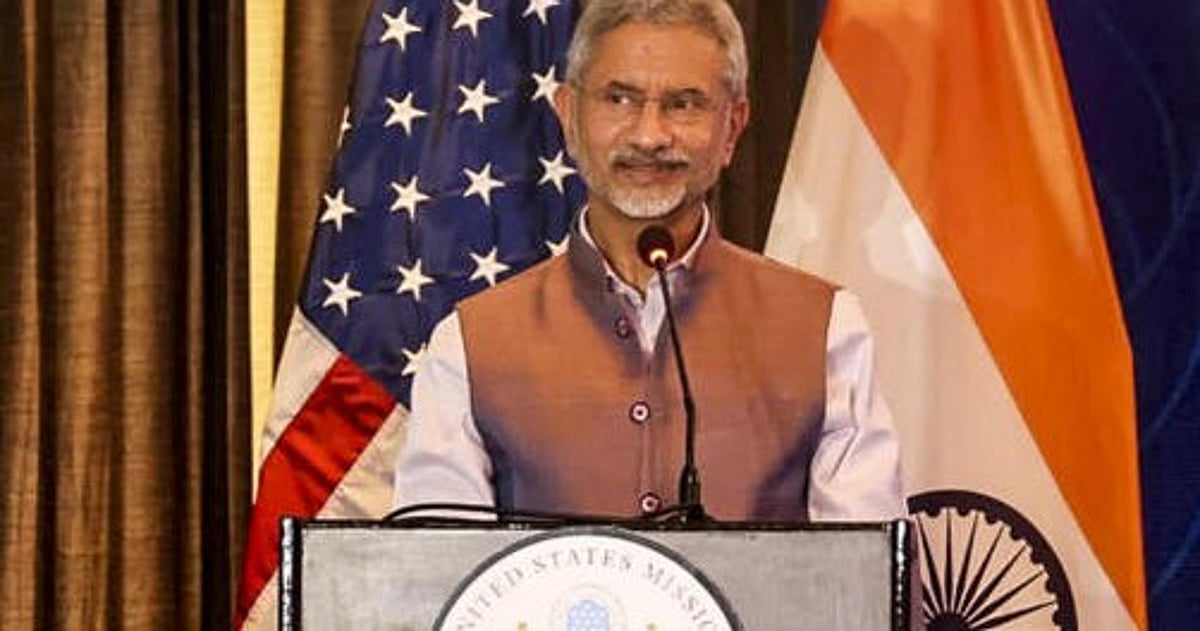 |
|
The announcement of a new Indian consulate in Los Angeles, made by Indian External Affairs Minister S. Jaishankar, signifies a significant development in the bilateral relationship between India and the United States. This move reflects the growing importance of the Indian diaspora in the United States, particularly in California, a state with a substantial Indian-American population. The establishment of a consulate in Los Angeles will undoubtedly enhance consular services for Indian citizens residing in the region, streamlining processes related to passports, visas, and other essential documentation. It will also facilitate closer cultural and economic ties between the two nations, fostering collaboration in various sectors. The strategic location of Los Angeles, a major hub for trade, technology, and entertainment, makes it a particularly suitable site for an Indian consulate, allowing for enhanced diplomatic engagement and economic cooperation.
Jaishankar's emphasis on expediting the US visa process from Bengaluru underscores a key concern for India. The efficiency of visa issuance directly impacts the movement of individuals between the two countries, influencing various aspects of bilateral relations, from business and tourism to education and personal visits. A streamlined visa process is crucial for fostering closer ties and promoting economic interaction. The suggestion that the US should expedite visa processing from Bengaluru highlights India's commitment to improving bilateral cooperation and its desire to see a reciprocal approach from the US side. This underscores the importance placed on efficient and timely visa services in maintaining a strong and fluid relationship between the two countries, benefiting both citizens and diplomatic ties.
The underlying context of this announcement is far broader than just a new consulate. It speaks to a larger narrative of strengthening India-US relations, a partnership that is increasingly significant on the global stage. Both nations are navigating complex geopolitical landscapes, and collaboration is essential on issues ranging from trade and technology to security and climate change. The establishment of the consulate serves as a concrete symbol of this growing partnership, strengthening people-to-people connections and facilitating smoother diplomatic channels. This initiative will also enhance India’s ability to engage with the influential political and economic landscape of California, further solidifying its presence in the western United States. The move underscores a mutual commitment to strengthening ties based on shared values and mutual interests.
Beyond the immediate impact on the Indian diaspora in Los Angeles, the establishment of the consulate has broader implications for the relationship between India and the United States. It serves as a testament to the growing strategic partnership between the two countries, encompassing various spheres of cooperation. The presence of a consulate in a significant economic and cultural hub such as Los Angeles will provide a platform for promoting cultural exchange, strengthening business ties, and encouraging educational collaboration. This will contribute to the overall improvement of bilateral relations, fostering mutual understanding and cooperation on issues of global importance.
In conclusion, the announcement of the new Indian consulate in Los Angeles is not merely an administrative decision but a significant step in enhancing India-US relations. It reflects the increasing importance of the Indian diaspora in the United States, addresses concerns about visa processing efficiency, and symbolizes a strengthened strategic partnership between two major global powers. This development promises to positively impact a wide range of areas, from facilitating smoother consular services for Indian citizens to fostering stronger economic, cultural, and political ties between the two nations.
